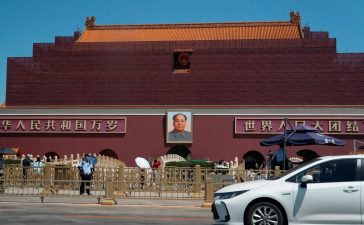Amorim was adamant in Hong Kong that United could work around Fernandes staying at Old Trafford from a financial point of view.
However, the situation is not straightforward.
With no European football of any sort next season, finances will be tight. Amorim has already said he can operate with a smaller squad given there are fewer matches, so sales are inevitable.
Broadly speaking, there are three categories.
Players Amorim just does not want – so the likes of Sancho, Antony, Marcus Rashford and Alejandro Garnacho.
Players who have struggled and it would make sense to sell – Hojlund and Zirkzee fit into this group, as does Casemiro.
Then, the bulk are players who have something to offer and United would be open to keeping but would let go if the right bid came in.
Yet the major issue around all of this is how long would it take to do a deal and how much would it cost?
Take Sancho for example.
It has been established Chelsea would have signed him on reduced terms, which he was not prepared to accept.
If a Premier League club that has just qualified for the Champions League are baulking at Sancho’s wages, it is fair to assume most other clubs will reach the same conclusion.
If Sancho refuses to drop his demands and Amorim wants him out, United will have to negotiate some kind of compromise.
This puts them back in the uncomfortable position of paying a player to play for a rival. It is the kind of situation minority owner Sir Jim Ratcliffe finds so irritating and wants to end.
Yet, when you take a realistic approach to Sancho, Antony and Rashford in particular, it is hard to see how that situation is avoided. The same could also be said of many United players who remained at the club last season.
The matches may have finished but for United technical director Jason Wilcox and chief negotiator Matt Hargreaves, the hard work is just beginning.
It is how well they do, getting players in and out, that will determine how much progress Amorim can be expected to make.









